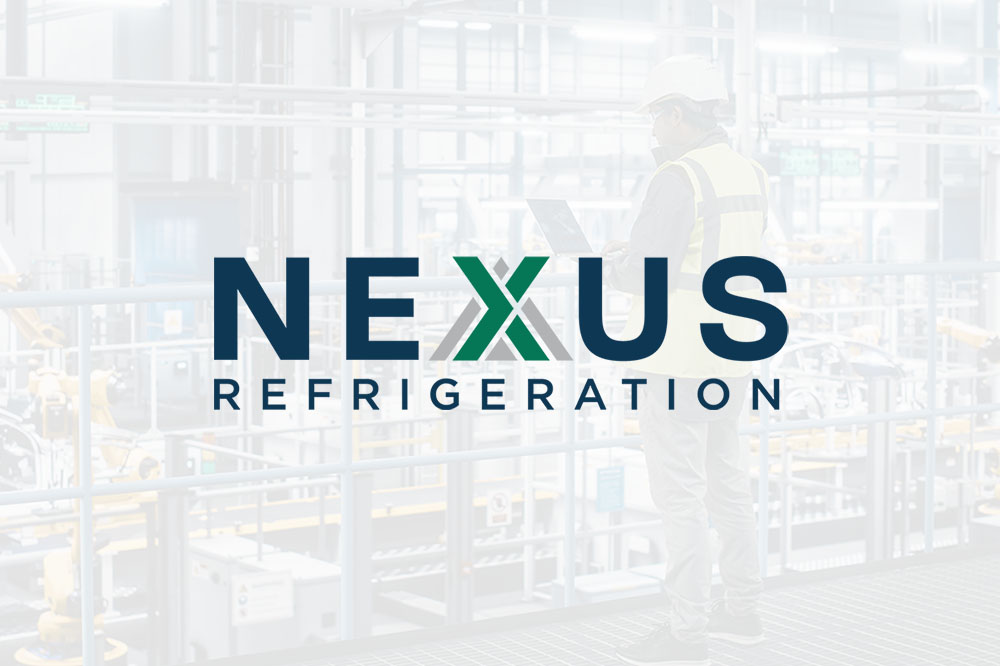Wait List Signup
We are excited to be releasing this new course soon. Sign up below and we will send you an email when it is up and running.

Your evaporative condenser is a critical component of your refrigeration system, exposed to the elements and requiring diligent monitoring. This Condenser Monitoring course equips you with the knowledge and skills to maintain optimal condenser performance and prevent costly problems. You’ll learn:
Condenser Fundamentals: Understand the function of an evaporative condenser in the refrigeration cycle, how it uses air and water to remove heat from ammonia, and the importance of maintaining optimal discharge pressure.
Water System Management: Learn how to inspect and maintain the condenser’s water system, including pumps, valves, spray nozzles, and water sumps. Understand the importance of water blowdown and how to identify problems with spray nozzles and mist eliminators.
Fan System Monitoring: Explore the key components of condenser fans (motors, blades, bearings, belts) and how to inspect them for wear and tear. Learn how to identify problems by sound and visual inspection, and the importance of proper lubrication and alignment.
Condenser Sequencing and Control: Understand how discharge pressure controls the cycling of fans and pumps, and the use of sequencing and seasonal modes (winter/summer) for optimal performance.
Leak Detection and Prevention: Learn how to identify and address water leaks from the condenser, the importance of preventing corrosion on piping and structural supports, and the hazards associated with chemically treated water.
Mist Eliminator Maintenance: Understand the function of mist eliminators and the problems caused by clogged, damaged, or missing eliminators. Learn how to inspect and clean mist eliminators to ensure proper airflow and prevent water loss.
Piping and Valve Inspection: Conduct thorough inspections of condenser piping and valves, checking for proper labeling, valve tags, lockout/tagout procedures, and adequate pipe support.
Water Treatment Fundamentals: Learn the importance of water treatment in preventing scale buildup, corrosion, and biological growth in the condenser. Understand key indicators to monitor and when to contact your water treatment provider.
Structural Support Inspection: Inspect the structural steel supports beneath the condenser for signs of corrosion, rust, loose bolts, and sagging. Understand the importance of maintaining the structural integrity of the condenser.
Ammonia Leak Detection: Be vigilant for ammonia leaks at the condenser, using your sense of smell and visual inspection. Understand the potential hazards associated with ammonia leaks.
Non-Condensible Management: Learn how non-condensibles (like air) can affect condenser performance and the role of automatic purgers in removing them. Understand how to monitor purge counts and check for proper purger operation.
Troubleshooting High Discharge Pressure: Review the common causes of high discharge pressure and the corrective actions to take. Use a checklist to systematically address potential problems.
Documentation and Record Keeping: Understand the importance of using a condenser checklist or round form to document inspections and ensure compliance. Keep accurate records for tracking maintenance and system health.
This course empowers you to proactively monitor condenser performance, identify potential problems early, and contribute to the safe and efficient operation of your refrigeration system. Regular monitoring can help prevent costly breakdowns and ensure optimal performance.
$85.00